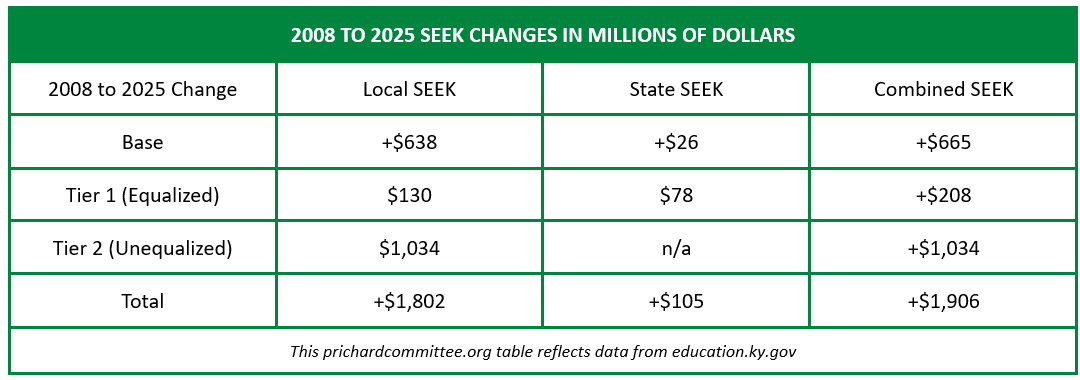What are Durable Skills, and why do Kentuckian learners need them?
Tim Taylor, Co-Founder & President, America Succeeds
You have an important presentation to give at 11 AM today. As you are driving on the freeway into work, your car breaks down, and you jump into action to ensure that your colleague is prepared to present in your absence. You email them your slide deck, complete with talking points, so they can present without you, and contact the partners of your organization to apologize for the inconvenience.
The actions taken to mitigate your absence help the presentation continue without interrupting too many schedules, and you follow up later to the group with action steps, jumping right back into your rhythm and responsibilities.
In this scenario, you are demonstrating a range of valuable “Durable Skills,” encompassing problem-solving, tenacity, adaptability, accountability, coordination, and collaboration, among others. While you likely highlighted these skills during your job interview, the reality is that many recent high school and college graduates lack them, hindering their entry into the workforce and the start of their careers.
At America Succeeds, we are committed to changing that.

In today’s economy, the key to achieving financial freedom lies in developing a combination of sought-after technical and soft skills essential for jobs of the future. Astonishingly, there are 11.4 million open job positions, yet 80% of HR leaders struggle to find suitable candidates. As employers increasingly embrace skills-based hiring to establish a broader and fairer talent pool, they often face challenges in recognizing “high-quality” non-degree paths, deciphering and translating skills, and assessing applicant readiness for the workforce.
Our goal is to ensure that every student in America not only possesses durable skills but can articulate and leverage them effectively. This commitment is backed by concrete evidence—Lightcast’s extensive database of 80 million employer job postings from the past two years reveals that 7 out of the 10 most requested skills by employers are durable skills.

The need for inclusive, durable skills-based education and hiring was apparent long before the pandemic, but COVID-19 has significantly accelerated these existing trends. As we strive for economic recovery and address the exacerbated inequities of the past years, it becomes increasingly critical to equip individuals with the durable skills necessary for long-term success in the workforce. By prioritizing common competencies over diverse technical requirements, we can empower a wider and more diverse group of learners and workers to advance along successful career pathways, benefiting both employees and employers.
Currently, America Succeeds is collaborating with CompTIA to develop a rubric that measures the acquisition of durable skills through various educational pathways. This rubric will encompass classroom-based learning for future workers and employee training for individuals already in the workforce, ensuring their preparedness for successful careers and contributions to their communities.
“We believe helping students better develop their innate durable skills at an early age will help them compete, contribute, and thrive in their careers,” – Todd Thibodeaux, President and CEO of CompTIA
There is widespread alignment among employers, parents, educators, and state leaders, all sharing the desire to equip students with the knowledge and skills necessary for their success. We invite you to join them and support the Durable Skills movement today.












